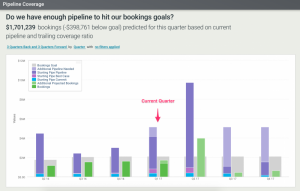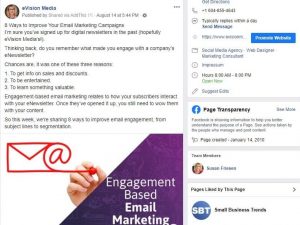We all have them, or know about them – the deadbeat client who won’t pay up. You’ve been bugging them and bugging them, and you’re about to throw your hands up in the air and send them a collection letter (if you haven’t already). Why won’t people just pay their bills? Here’s how to handle problem clients and get them to pay.
The Well-Intentioned Non-Payer
The well-intentioned non-payer is a company or individual who really means well, but is probably disorganized. This person isn’t trying to stuff you. They really do intend to pay. But, at the same time, they’re always having some kind of drama or problem in their business, making it impossible to count on them for on-time payments.
The Unhappy Client
The unhappy client is sometimes passive-aggressive about paying, but sometimes they just clam up and won’t return your emails or phone calls – bad. Unhappy pappies are tricky to win over because they’re taking the offensive – no communication (or poor communication) rather than an up-front stance, saying, “I’m unhappy with this work and I need this fixed before I make payment.”
Of course, some unhappy clients will let you know. This is easy to deal with.
The Chronically Late-Payer
The chronic late-payer steps outside the bounds of honest late-paying. They’re pretty much oblivious to their bills. They’ve left a trail of burned bridges and stiffed a lot of freelancers in the past. These types of clients are tough to spot because they know that they’re not going to pay, rationalize not paying, and are willing to be devious to gain your trust.
Some tip-offs in the early stages of the project include promising to pay you more than the fair market value for your services. This can be tough to spot, however, if you yourself have an inflated view of your own value. Be honest with yourself. Are you really worth $ 200 per hour or are you worth more like $ 100-to $ 150?
If the client offers to pay you an unexpected bonus, misses milestone payments and promises to make it up to you at the end of the project, keeps bugging you about completion dates when they haven’t paid anything yet, and hesitates at the idea of a retainer or some type of up-front payment, it’s time to rethink doing business with this client.
Big Business Lazy Payers
Believe it or not, big corporations don’t always pay their bills on time. You’d think they would, what will their billions. But, mega-corporations typically have a 90 or 120 day payment cycle. They will leave you hanging for months…because they can afford to. You need the money. They have it. They know it.
After 2008, some of these corporations’ accountants have actually advised their clients to put freelancers on a longer payment cycle, relegating them as quasi-vendors. It’s disrespectful, sure, but this is what you’re up against.
Getting Your Money, Stat!
This invoice template company can usually help you overcome the hurdle of honest late-payers by providing structure to your payment cycle. Most freelancers don’t have formality built into their business. They take on projects without a contract, and on an informal basis.
Using invoices is the first step to getting well-intentioned non-payers to pay. Sometimes, it’s a cash-flow problem on the part of the client though, so you’ll have to communicate with them up front about your needs and expectations and hammer out a payment date for future invoices.
Unhappy clients are actually simple to deal with. Fix the problem and you’ll usually get paid. Open the lines of communications, be civil, and ignore initial hostility. Kill them with kindness, and then be firm about payment when the job is done right.
Focus on meeting and exceeding customer expectations, nothing more. Don’t make it personal.
The serial non-payers – there’s nothing much you can do about them. Dump them ASAP and add them to your list of non-payers. Spread the information around to as many freelancers as possible. Hopefully, they will die off and go out of business.
For the mega-corporations, this is tricky. Some things that might work include establishing a firm – very firm – payment policy upfront. Specify a late fee for invoices, include a dispute resolution form with all of your contracts. Have contracts. Send all invoices promptly when you finish work for the client.
Finally, Use an online invoice tracking system and have some way to follow up with HR or accounting about your invoice. If all else fails, be ready to go to small claims court. Don’t be confrontational in your contract, but specify this as an option if payment is not received within a specified period of time.
(253)







